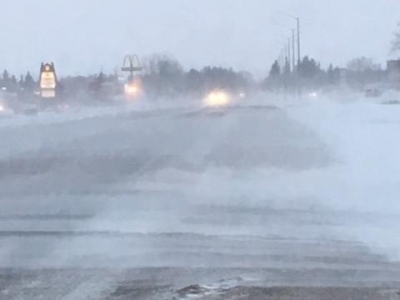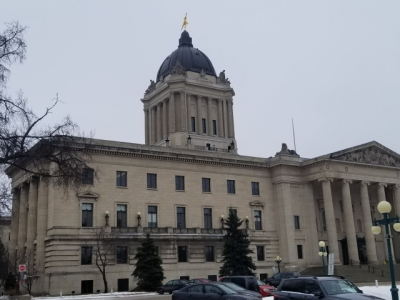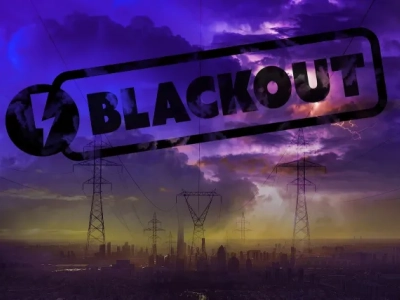The federal government is bringing in more money than forecast but is spending all that and then some, projecting a 19.8-billion-dollar deficit for the 2019-20 fiscal year.
“Today’s deficits are tomorrow’s taxes. Debts and deficits are something we should try to eliminate as much as we can or minimize,” said Robert Sopuck, MP for Dauphin—Swan River—Neepawa. “ The kind of spending that they’re doing will really not be effective in terms of helping citizens out.”
Canada’s finance minister says the government has to deal with a growing concern that good jobs won’t last. Sopuck thinks it has more to do with the economic headwinds what are the most concerning.
“If you look at some of the economic forecasts, Canada is sailing into some very difficult economic waters. We heard recently how the Chinese are restricting canola imports. That’s affecting our local western rural communities. So again, a prudent budget builder, so-called, would budget in a conservative manner and prepare for the worst. This budget simply didn’t do that.”
Sopuck does support some items in the budget including helping workers transition into a new economy.
“I think that the new economy is something that is really going to help us in western Canada. For example, high-speed internet allows people to work from home. But the amount of money that they are talking about is very, very small. I mean 870 million over five years, that’s simply not a lot of money to train enough people. That’s right across the country. So, it’s a small amount of money for something that I think is actually a good idea.”
The budget also proposes help for first time home buyers. ”Anything to help young people buy homes is a good thing. And again, when I look at the housing situation across Canada for example, housing is becoming clearly unaffordable for many of our young folks. So anything that can be done to help them buy houses is a good thing.”
The budget also takes the first steps toward a national pharmacare plan by creating a new Canadian Drug Agency aimed at reducing the cost of drugs.
Yesterday’s federal budget is the last one before the upcoming election in October.







